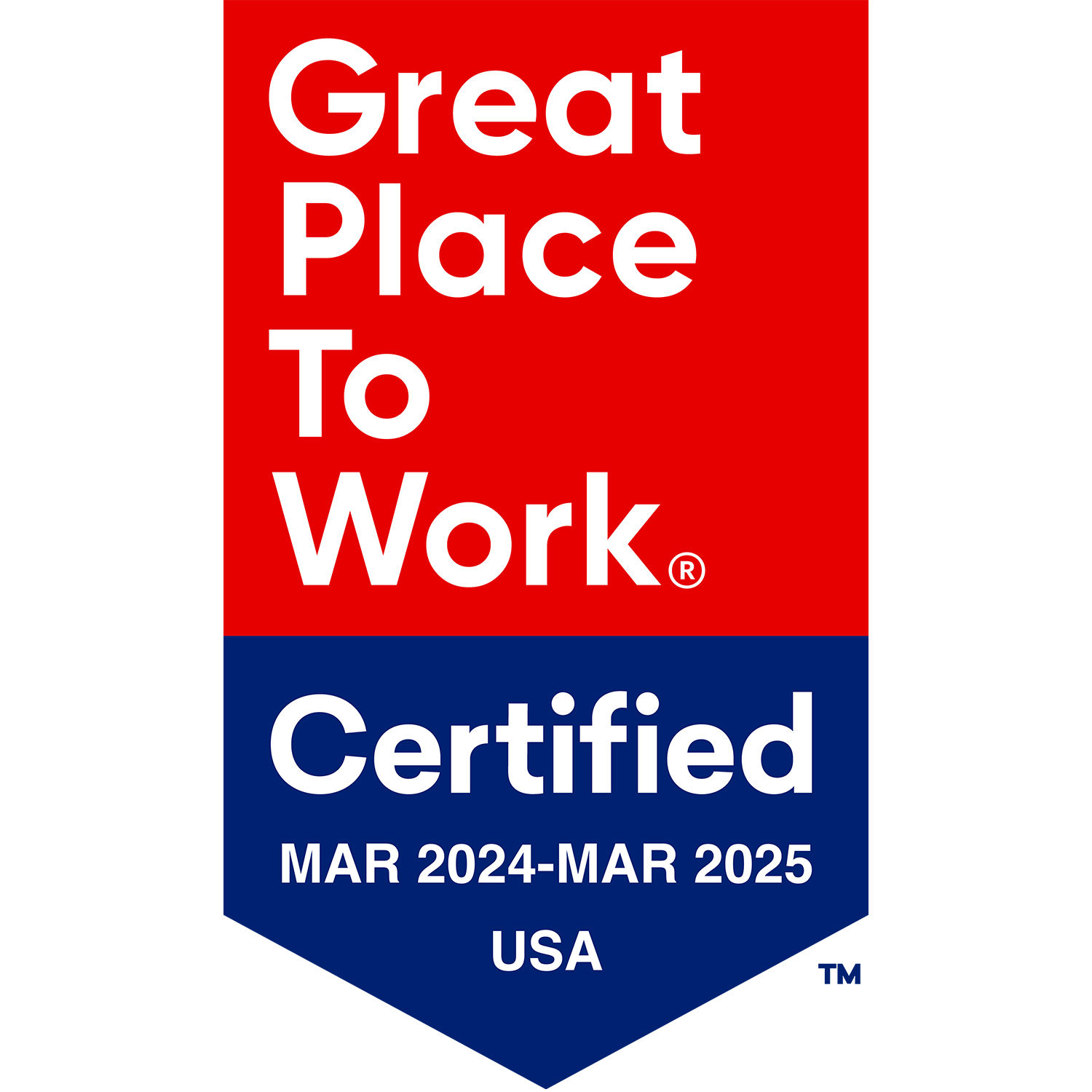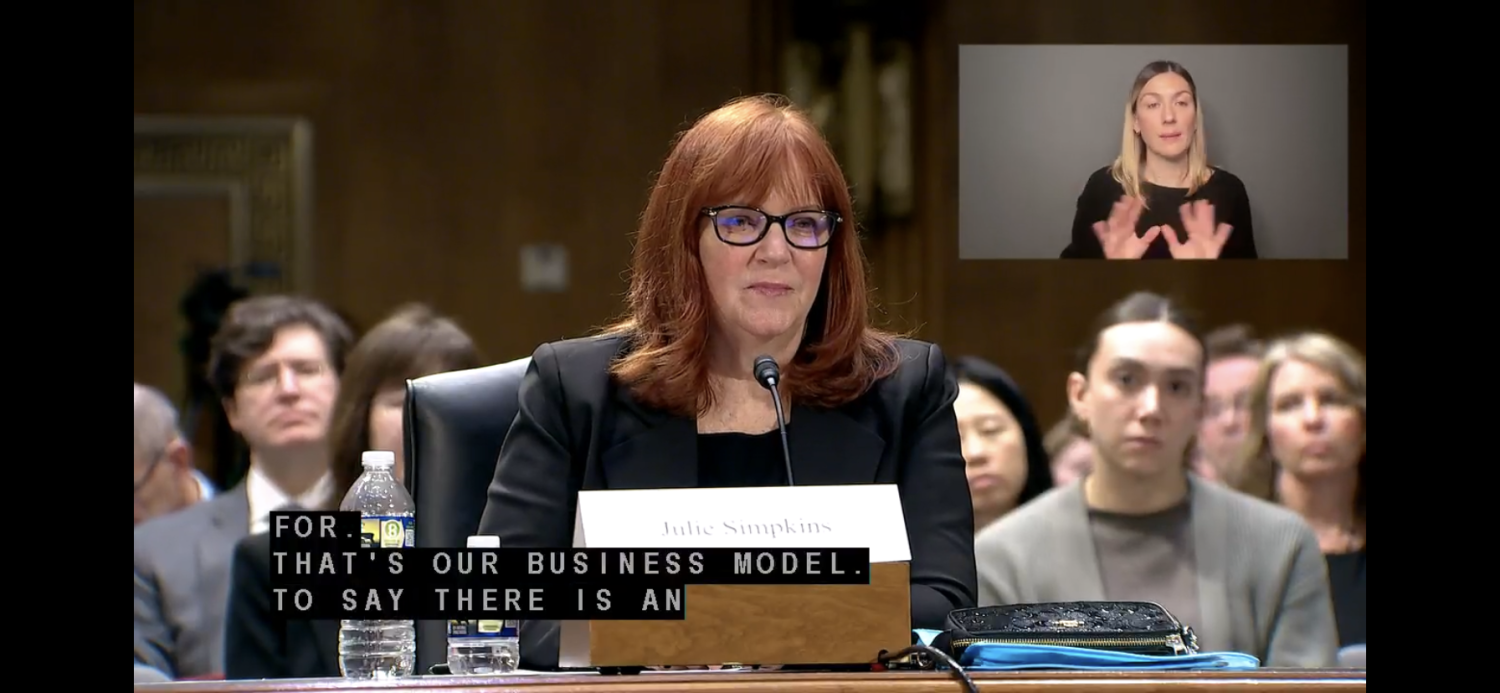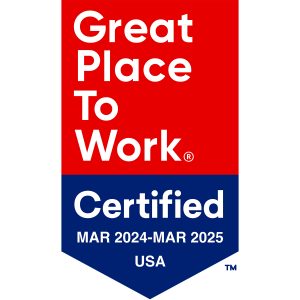By Rick Banas of assisted living provider Gardant Management Solutions

Illinois Gov. Bruce Rauner is poised to make a costly mistake as he looks at how to balance the state’s budget.
His administration is looking at making it more difficult for seniors and adults with physical disabilities to qualify to live in one of the state’s more than 140 Supportive Living communities by increasing the Determination of Need score from 29 to 37.
The communities, which are located in more than 70 counties in northern, central and southern Illinois, operate through a program that was created during a previous budget crisis. The program has saved the state money since the first community opened in 1999. The cost for an individual on Medicaid living in a Supportive Living community is 48% less than the cost of nursing home care.
Any decision to increase the DON score, either as part of the budget or by Executive Action, will be devastating.
The most immediate consequence will be that 4,000 residents of Supportive Living communities will be forced out of their apartments by the State. They will be homeless.
These are seniors and adults with physical disabilities who moved into the communities because they need some help to maintain their independence. These are low-income and very-low income individuals who have less than $2,000 in assets.
The longer term impact will likely result in the state losing any savings it thinks it can generate and end up costing the state many more dollars than it currently is spending.
For Supportive Living communities, losing 4,000 residents will mean a loss in occupancy of 25% to 40%. Most of the communities would be unable to survive the impact of the significantly lower occupancy, especially when also combined with the proposed cut in reimbursement rates. They would not be able to meet their mortgage principal, their mortgage interest, their mortgage insurance and their replacement reserve obligations.
This would result in . . .
Another more than 6,500 seniors and adults being forced to move out of the Supportive Living community where they currently live. Nearly 4,000 of these individuals would be eligible to move into a nursing home on Medicaid, which would cost the state 48% more than if they lived in a Supportive Living community. If less than 1,600 of the 4,000 were to move into a nursing home, the State would lose all of the potential savings it thinks it can generate from the increase in the Determination of Need score. If all 4,000 were to move into a nursing home, the cost to the state would more than double.
More than 5,000 individuals would lose their jobs, collecting unemployment benefits rather than paying income taxes.
Financing sources, including the Illinois Housing Development Authority and Illinois mortgage companies and banks, having to foreclose on mortgages, many of which range from $10 million to $20 million.
Local taxing bodies would lose the property taxes paid be Supportive Living communities.
I understand the crucial need to balance the budget and that options are limited.
I also hope that the decisions that are made will actually result in generating savings.
All affordable assisted living communities managed by Gardant Management Solutions are certified and surveyed by the Illinois Department of Healthcare and Family Services. All assisted living communities are licensed and surveyed by the Illinois Department of Public Health.
“Gardant Management Solutions is the leading provider of assisted living in Illinois and one of the 20 largest providers of assisted living in the United States.”
What are your thoughts? Leave a comment and let us know.




